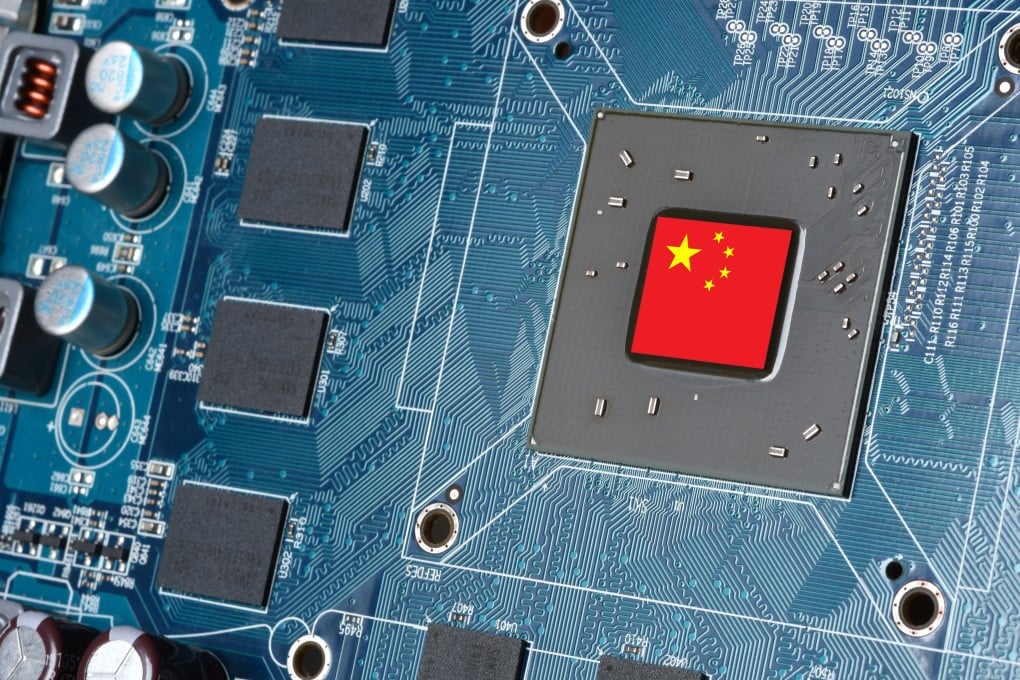My Take | Is the innovation slowdown at the root of tech war between great powers?
- The abundance of scientific and technological riches enabled the West to share its intellectual wealth with the rest of the world, but as they become scarce, nations must compete, here as elsewhere

In my younger days, like most philosophy students, I had to take symbolic logic, sometimes called mathematical logic. Some parts were so easy as to be ridiculous, others I found extremely difficult, so much so that my instructor had to show mercy and give me a pass so I could get my degree.
Besides secondary school algebra, logic is one area where its usefulness may be questioned by students; as in what possible use could it have in my life? Well, for most people, probably none whatsoever, unless you happened to be Claude Shannon, the American engineering and computer genius.
First, a bit of background. For philosophers, “what is truth?” has long been a fundamental question. But, instead of asking it as a metaphysical question, a handful of mathematician-philosophers around the end of the 19th century turned it into a logical question. And so they launched a revolution in logic which had, basically, made little progress for 2,000 years since Aristotle. They created a whole new calculus to analyse statements into the True and the False, and the conditions of their combinations under which combined statements would have one or the other “truth value”. True-False; on-off; 0-1 … you can see where this was going.
By the time Shannon proposed in the 1930s using on-off or 0&1 as circuit gates to control the flow of electrons on a circuit board, the binary system was already well-understood, thanks to pioneering logicians. The rest, as they say, is history. The birth and rapid development of the modern computer chip had been breathtaking. But it was just one tech area.
Among experts, there seems to be a consensus that the rate of technological progress slowed significantly between 1970 and 2020, as compared to 1920 to 1970. While we have improved and extended technologies, most were already available or at least conceived before the 1970s, including the internet.
A new study published in the current edition of Nature has added another dimension to this phenomenon. Real breakthroughs or “disruptive” contents in published research papers and patents have been in decline for decades, according to the research team of a sociologist and two management professors from the United States. At most, they present only small or incremental progress.
Using statistical and linguistic methods, the team analysed 45 million papers and 3.9 million patents over six decades to characterise how research papers and patents changed networks of citations in science and technology.
“We find that papers and patents are increasingly less likely to break with the past in ways that push science and technology in new directions,” they wrote. “This pattern holds universally across fields and is robust across multiple different citation- and text-based metrics.”
